How the FCC's repeal of net neutrality could affect Apple
The Federal Communications Commission's roll-back of net neutrality rules take effect on June 11, re-igniting a firestorm of debate and speculation over the future of the internet in the U.S. But Apple, who supports net neutrality, finds itself in a unique position in the discussion: It is one of the few companies that has actually been affected by the kind of restrictive internet provider practices that net neutrality aimed to prevent.
tl;dr: The FCC's repeal of net neutrality probably won't affect users of Apple's services, but it could end up costing Apple money to ensure its services are delivered properly.
Apple officially supports net neutrality, a policy that was undone by the FCC on Thursday. Under chairman Ajit Pai, the FCC repealed the rules put in place under the Obama administration, which sought to make sure that the internet remains a level playing field for all businesses and services.
The potential implications for Apple are significant: The company's online services, such as the App Store, Apple Music and iTunes, could be affected by throttling or a hypothetical "tiered" internet, if service providers were to head in that direction.
Opponents of net neutrality, including Pai and the administration of President Donald Trump, view it as unnecessary government regulation that stifles innovation. They believe that the Federal Trade Commission, and not the FCC, should be used to punish internet service providers who abuse open access.
Supporters of net neutrality fear that without protections in place up front, service providers like Spectrum or Verizon will be able to create a tiered internet, where certain services — like Apple Music or the App Store — could see their speeds throttled or even blocked. Customers, in this hypothetical situation, might need to pay more for true access to various services.
Their fears are not far fetched: Prior to net neutrality rules going in place, ISPs did pick and choose favorites. A few of those cases, in particular, are relevant to Apple and its users.
AT&T vs. Skype
When Apple's App Store debuted in 2008, it paved the way for new and unique uses for the iPhone. While Apple was initially reluctant to allow voice over IP services that competed with the phone function of the iPhone, it eventually relaxed those rules, allowing Skype onto the App Store in March of 2009.
The release was not without significant restrictions, however. Apple reached a deal with AT&T that barred Skype — and other VoIP providers — from using cellular data, restricting calls to Wi-Fi only.
From AT&T's perspective, VoIP services used considerable bandwidth over cellular, and widespread use could reduce service for all customers. Their justification was that the restriction was in the best interest of customers, ensuring quality mobile service at a time when its network struggled with an influx of data-heavy smartphone users.
Of course, that's not the whole story. VoIP services like Skype also allowed customers to avoid placing calls over AT&T's voice network, thus allowing users to not use precious minutes on their plan, at a time when unlimited calling was not quite yet the industry standard.
In other words, blocking Skype not only helped ease traffic on AT&T's networks, but it also helped the company's bottom line.
AT&T eventually relented in October of 2009, announcing it would allow VoIP calls via its 3G network. It came as the FCC threatened increased pressure on ISPs who violated net neutrality principles, even before they became the commission's official rules.
AT&T vs. FaceTime
Apple again found itself at the center of the net neutrality debate back in 2012, when its carrier partner, AT&T, restricted use of FaceTime video chat over cellular to certain customers.
Only those who paid for a Mobile Share data plan, sacrificing the legacy unlimited data plans AT&T previously offered, were able to use FaceTime over cellular. As with the block on VoIP services, AT&T once again claimed the restriction was intended to ease network congestion and offer better service for all customers.
Again critics cried foul. Net neutrality advocates believe data and services on the internet should be truly neutral — even if a data cap is in place, how a customer uses the data within that cap should be their decision. You can sip your 2 gigabytes by browsing the web, or burn through it by streaming video, if you choose.
Under pressure from customers, and amid the prospect of federal intervention, AT&T relented in late 2012, and enabled FaceTime over cellular for all users with compatible iPhones and mobile data plans.
Apple's brushes with net neutrality policies were not isolated.
In another high-profile net neutrality incident, streaming video provider Netflix paid ISP Comcast for direct access to its broadband network. The partnership ensured Netflix would stream at higher quality to Comcast customers, but also raised concerns about a modern internet where major corporations could have a leg up on smaller startups and competitors.
Given that situation, it's easy to see how repealing net neutrality could potentially affect Apple and its deep pockets, rather than Apple's users themselves.
Pay for play
Apple's services business has become a huge part of its bottom line, and is now the size of a Fortune 100 company. Services from Apple include the iTunes Store, App Store, Apple Music, and iCloud.
Of course, those services use considerable internet bandwidth, the likes of which can hurt network providers. Both home broadband companies and cellular data providers frequently see their own services slow to a crawl during peak traffic hours, when users are streaming on Netflix or downloading from the App Store.
With net neutrality repealed, the concern is that ISPs like Cox, Optimum, Sprint and others could once again play favorites with content. Apple, with billions of dollars in the bank, would likely bite the bullet and pay providers to ensure its services are not throttled or blocked.
Apple, with billions of dollars in the bank, would likely bite the bullet and pay providers to ensure its services are not throttled or blocked.
The issue becomes even more complicated as the lines blur between ISPs and content providers.
Apple is a content provider, but not an ISP.
Conversely, Comcast is the owner of NBC Universal, while AT&T offers streaming television through DirecTV Now. If Comcast or AT&T were to favor bandwidth for their own content over competitors like Apple or Netflix, it would create an uneven playing field on an internet where, historically, all companies have had equal access.
Would it be fair for AT&T to treat its own content differently on its own network, than it does with competing services? As it turns out, they already do this.
We're not there yet, but we could be close
For all of the hue and cry over the repeal of net neutrality, the disaster scenarios presented by critics remain, for now, mostly hypothetical. That doesn't mean they're not possible, or even likely — but it does mean that consumers should remain vigilant in the upcoming transition.
Net neutrality opponents suggest that a free market will sort out the kinds of issues that would enrage consumers. They say fears of ISPs blocking services like Facebook are unfounded, and they're probably right.
But a free market is most effective when consumers have choice, and access to the internet in the U.S. is limited — in most markets, for example, there is only one broadband provider available, making it impossible for customers to take their money elsewhere if they disagree with an ISP's policies
In repealing net neutrality, the FCC believes it should be the FTC's responsibility to go after companies that restrict open access to the internet. It remains to be seen whether that will happen — and AT&T is challenging the FTC's ability to do so in court.
ISPs, for their part, have pledged to offer fair and equal access on the internet, without tiered services or favored parties. It also remains to be seen whether that will happen.
In many existing cases, questionable practices with regard to net neutrality are already in place. For example, AT&T customers who have DirecTV or U-verse TV can stream without it counting against a data cap, whereas streaming on Netflix or from iTunes would still use up capped data.
T-Mobile also offers a "Binge On" service that allows free streaming of video and music without using capped data. It works with a wide range of video services, including Apple Music, YouTube and Netflix, but lowers the quality of the data to reduce the network hit. Users can opt out of Binge On for the highest quality video, but then the data will count against their monthly cap.
It's a matter of debate whether data-cap-free access to DirecTV Now or Binge On are, in fact, in violation of net neutrality — the programs were actually launched when net neutrality was the policy. But they occupy a gray area at a time when the government will shift to a more hands-off approach on internet regulation.
If ISPs do begin charging for preferred access after net neutrality, and paying for access becomes the norm, customers who use services from Apple, Google, Amazon, Facebook and other major players are unlikely to be affected. In that worst-case scenario, the most likely outcome is that the companies themselves would pay for access, rather than the ISPs charging customers.
But it does raise questions about smaller companies who want to compete online, particularly as the media consolidation continues with mega-mergers like Disney's acquisition of 21st Century Fox. Would an online startup be able to compete if they couldn't afford to pay ISPs for preferred access?
No matter how things shake out, Apple and its deep pockets will be safe. But the internet is a lot more than just Apple.
 Neil Hughes
Neil Hughes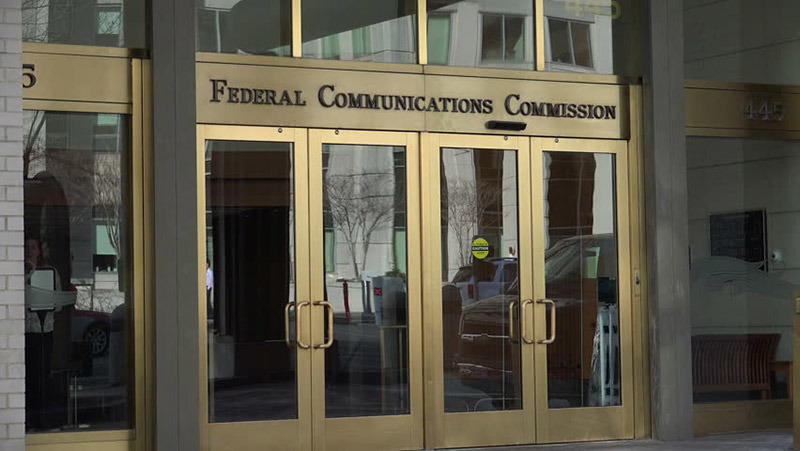
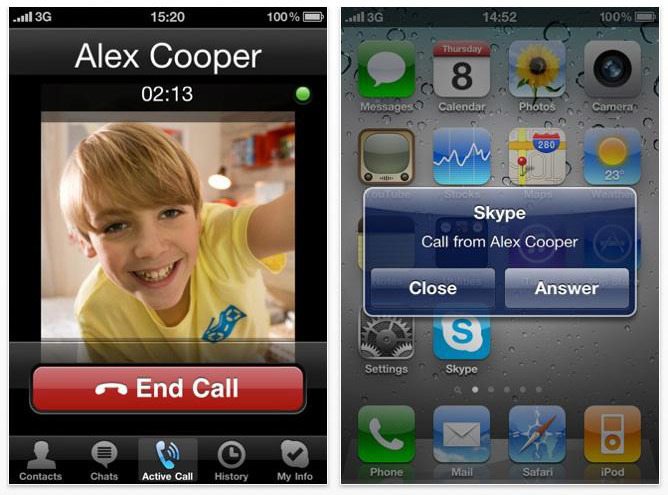
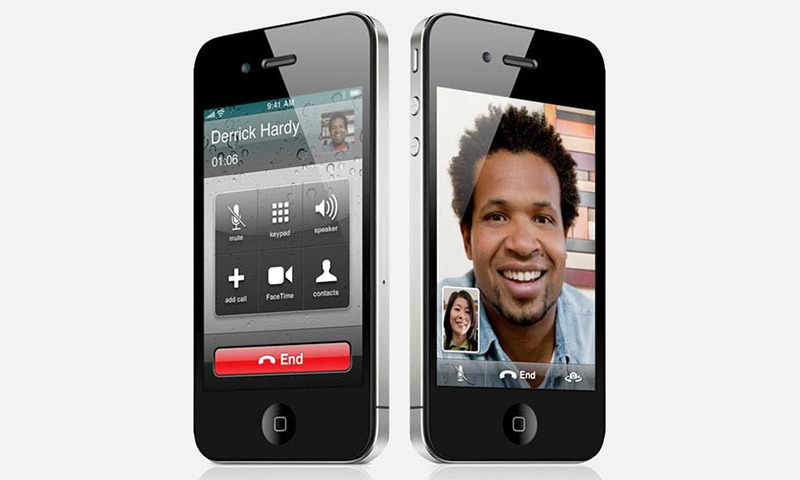
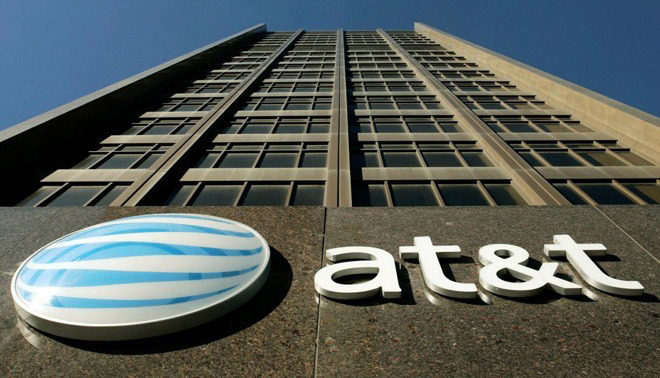
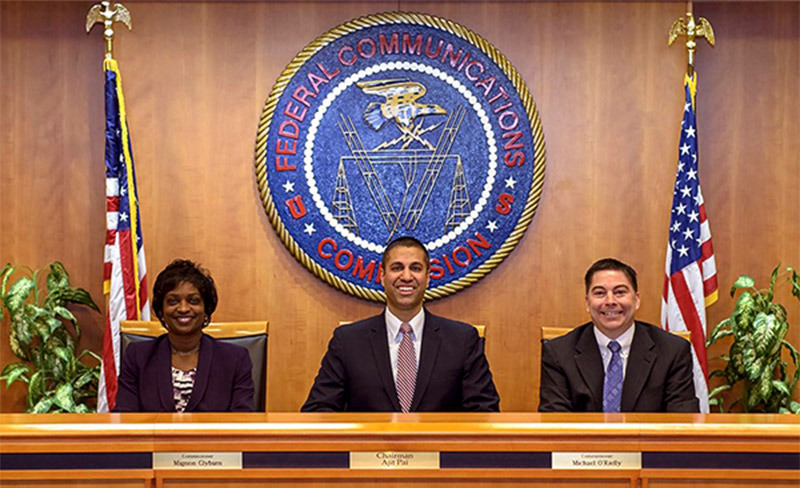


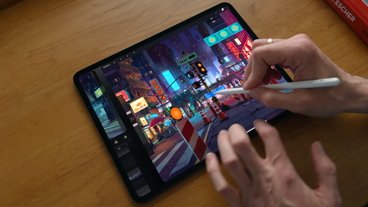
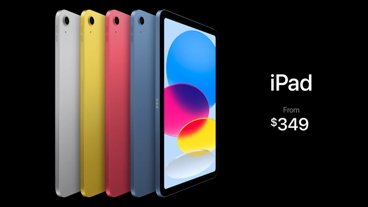

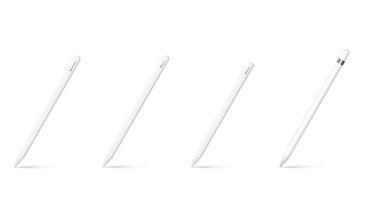






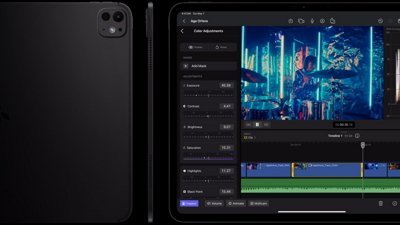
 Wesley Hilliard
Wesley Hilliard
 Mike Wuerthele and Malcolm Owen
Mike Wuerthele and Malcolm Owen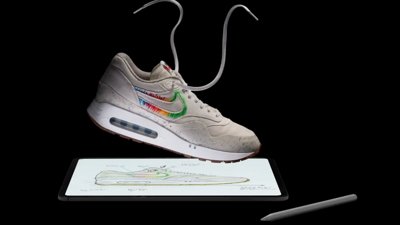
 William Gallagher
William Gallagher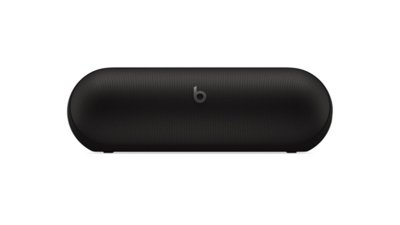
 Amber Neely
Amber Neely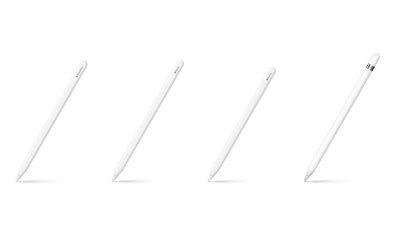
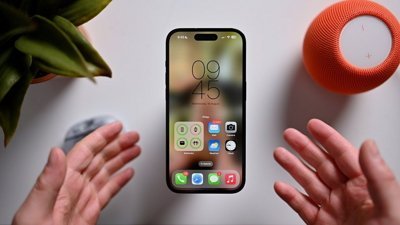
 Malcolm Owen
Malcolm Owen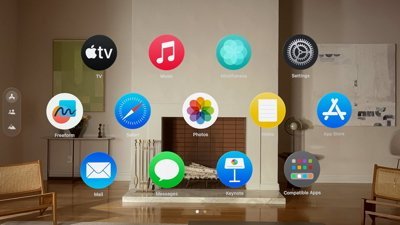

 Andrew Orr
Andrew Orr









103 Comments
GET READY FOLKS! We have the following exciting packages for you savvy Internet users... take a look at the following offerings we have coming for 2018... The SURFER Package: this includes our homepage, shopping sites, banking, religion & some YouTube. The SCHOLAR Package: adds Wikipedia and many informative News, Literature, Art and Science sites. The SOCIAL Package: for Facebook, Instagram, among others (we’ll let you know). The LATE NIGHT package: for those that might venture a bit on the dark side - plus comedy & music. AND for you power users... The WORLD ACCESS Package: all of the above services - plus Netflix and dozens more enriching websites, even ones in other countries. These features are now available to you at VERY affordable tiered rates. Think about it ... YOU have the power to customize what you can know! BONUS - once we finalize which websites will pay us to give our users access to them, more web services will be added almost daily!
One thing to keep in mind in this debate, is that the policy was never law. So, if it had any impact, it just kept the telecoms scared that it might someday.
cf. 10m20s in https://congressionaldish.com/net-neutrality/
I think we need some form of net neutrality (the principal), but w/o the baggage. But, first, we need to get control of our government so we can keep them from doing worse than the corporations. Also, whatever form it takes, it will have to include some kind of common-sense aspect. For example, companies like Netflix and Apple can afford and currently put systems in place that give them unfair advantages to any competing service I might want to startup. All content hasn't been treated equally for a long time.
To me, it's more about evaluating any collusion between a content producer and the distribution network. A content producer cutting some kind of deal with a particular content distribution mechanism is problematic. For example, if Disney wants to implement some kind of localized caching boxes to speed delivery of their content, they can't do so only with Comcast, or stuff like that.
Next: Tollroads on all highways. Because Trump revives industry
Free markets need strong rules and regulations, otherwise it’s just the winner takes all.